I wish I could have played Wo Long: Fallen Dynasty under any other circumstances. Team Ninja’s latest game is difficult, and few games have been so frustrating to play under the pressure of review. Logically, it makes sense the action RPG would be this way. Nioh 2 is also hard with a capital H, and it’s clear Team Ninja’s last game heavily inspired its latest.
In other ways, from its combat to its demanding design, Wo Long: Fallen Dynasty perhaps takes more direct inspiration from Sekiro: Shadows Die Twice, another “not-so-easy” game that requires skill and perseverance. Like FromSoftware’s tangential Soulslike, this is a game about learning to parry and learning to parry well. And when the action clicks, it really clicks.
Wo Long: Fallen Dynasty is an action RPG that takes place in the Three Kingdoms era of China, circa 200 AD. The game lets you create your own character before going off to fight alongside known characters of the era, such as Cao Cao, and battle notable Three Kingdoms villains like Lu Bu.
The story is mostly secondary to everything else. The English dub is quite rough, and you can see where bits of dialogue don’t quite line up with the very detailed character renderings. I eventually changed the voice language to the Chinese option, which at least cut out the annoyingly hammy English line deliveries. Unfortunately, it doesn’t add much nuance to the narrative, and since many lines don’t flow together well, there are many nonsensical exchanges.
The gist of it all is that you’re the lynchpin that brings all these legends together to fight the Taoist in Black, an evil sorcerer spreading an evil elixir to the land, conjuring your most ruthless opponents. It doesn’t tick all the boxes, but if you’re into watching Three Kingdoms big wigs fighting on horses with big spears, these cutscenes have got you covered on that front. But you’re likely not here for the narrative anyway.
Wo Long is a level-based affair that, on its surface, resembles the Nioh games. But the newest twist on that formula is how exploration pays off within a single level’s power curve. At the start of each main level, there is a number above your health bar that starts at 0, denoting your Morale and Fortitude score. They are essentially two linked numbers, with Fortitude essentially the floor for your Morale.
Morale acts as a sort of leveling system within a stage. Yours will increase by defeating enemies and decrease from taking damage. Looking at the Morale level of enemies in an area will often determine the intended path forward. When it works best, it’s a brilliant pathing method for new players and those who want to replay Wo Long multiple times.
As you discover more Battle Flags (the equivalent of bonfires in Souls parlance), your Fortitude will increase. You can also boost it by exploring the area in search of Marking Flags, which aren’t checkpoints but raise your morale by 1 point if discovered.
By the time you reach a stage’s inevitable end boss, your overall survivability and strength aren’t just tied to your build or combat prowess but to how much of the level you saw and conquered. In essence, Morale and Fortitude sync with the level design (especially that of the sprawling areas found later) to make Wo Long a game that rewards both exploration and combat. And in this way, it succeeds.
But it also fails on another front.
There’s no denying that boss fights are one of the major appeals for hardcore Sekiro and Nioh players coming to Wo Long. And indeed, the spectacle and difficulty of the bosses measure up to those titans of the genre. Wo Long is a gorgeous game, and its bosses, in particular, show off some of its most gnarly and grandiose visual designs. Unfortunately, some of the fights are frustrating to no end, including the first boss fight.
Coming to Wo Long: Fallen Dynasty as a FromSoftware fanboy and Sekiro finisher, I was taken aback by how completely different the combat is in Team Ninja’s take here. Not only are attacks on the face buttons (a completely different ballpark from shoulder button combat), but the rhythm of enemy attacks and wind-ups differ, sometimes extremely subtly, from FromSoft’s games. It’s something Nioh fans will likely find familiar, but it can be jarring.
The TL;DR is that the first boss punished me more than anything in the first half of Sekiro. While I eventually overcame this hurdle, it was an ill omen of a worse roadblock to come in Part 4. An exhausting boss I won’t spoil was now proof of what I had feared about the hardest parts of Wo Long from the start.
The blend of exacting, Sekiro-like combat and Elden-Ring-inspired RPG elements are what give Wo Long a unique edge, but in these moments, the stats and spells fall by the wayside.
Leveling is largely dependent on the weapon you choose to specialize in. Unlike Sekiro, Wo Long gives you a variety of weapon categories to pick from, and each scales with one of the five elements to grow stronger. The elements you put points into also impact which Wizardry Spells you can use. These sorceries are a mixture of offensive abilities and passive buffs. Because they don’t use mana — and instead take a chunk out of your Spirit Gauge — I found passive spells to be increasingly useful, but it was only in the levels that they felt useful.
During the most difficult boss fights, you’re required to master parry timing and focus all your energy on reducing the boss’ Spirit Gauge. This leaves little room for error and less room for casting low-damage spells.
Perhaps it’s a mechanic that becomes more useful in New Game+, once the bosses are more second nature, but on a first playthrough, it seems that very little matters aside from timing in these overbearing encounters. It was frequently frustrating that, coming off Elden Ring, there was nothing I could adjust by re-speccing or changing weapons to make bosses die faster.
In another unsurprising bit of news to Nioh veterans, Wo Long is also a big ole loot game. You’ll be spending a lot of time selling and salvaging one-star swords and gauntlets that otherwise quickly overwhelm your inventory. Wo Long doesn’t have a particularly egregious loot system, and the menu UI is fairly clean for this genre, making it easy to mark and sell things quickly. But with such tight action and enrapturing level design, the loot loop feels like an unnecessary element of modern gaming added to an already feature-complete title. It’s just not engaging.
These moments tarnish what is otherwise an excellent hard-action game. Forty-five hours in and approaching the final levels, the combat has finally clicked with me, and I’m reaping the glorious victories I’ve earned.
Wo Long: Fallen Dynasty Review — The Bottom Line
Pros
- Excellent, hard-hitting combat with a learning curve that is worth enduring the pain.
- Morale and Fortitude systems work in tandem to make exploration feel almost as important as combat.
- Intricately designed semi-open levels that reward you for poking around the nooks and crannies.
- Replayability is through the roof.
Cons
- Ridiculously punishing bosses that railroad you into playing it the “right way.”
- An inventory overflowing with garbage you have to constantly sell or salvage.
- Poor dub and script translation.
Wo Long: Fallen Dynasty is a game that lives up to its legacy. Team Ninja’s latest features a healthy dose of demanding and oftentimes punishing action that will certainly cause many players to bounce off in frustration. That’s more than understandable. In fact, if I wasn’t reviewing the game, that very well could have been me.
To Team Ninja’s credit, though, I’m glad I’ve seen it through. Wo Long: Fallen Dynasty has provided hours of excellently crafted levels that will test your wits and dexterity. Just know what you are getting yourself into.
[Note: Koei Tecmo provided the copy of Wo Long: Fallen Dynasty used for this review. Featured image via Koei Tecmo.]

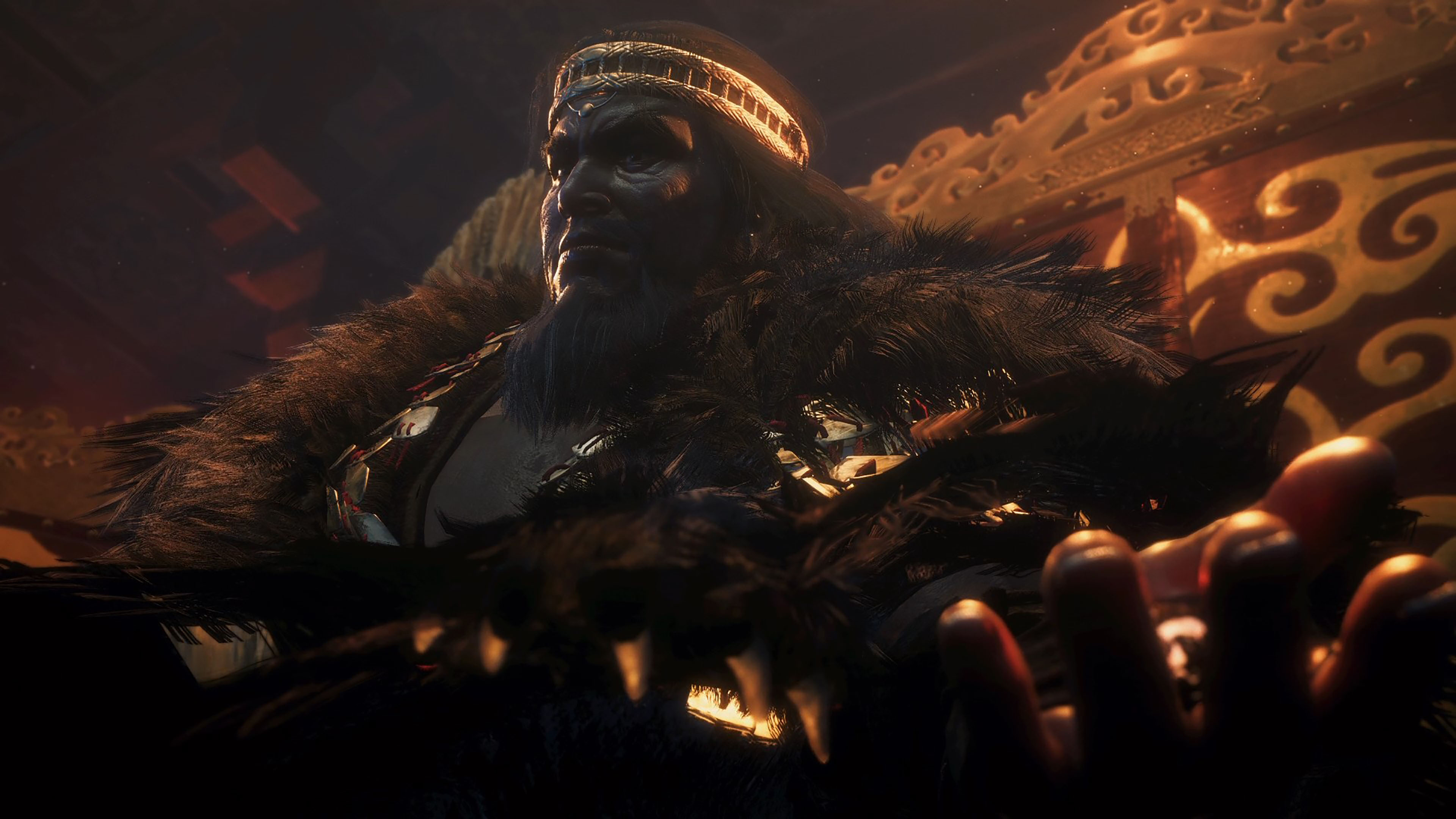
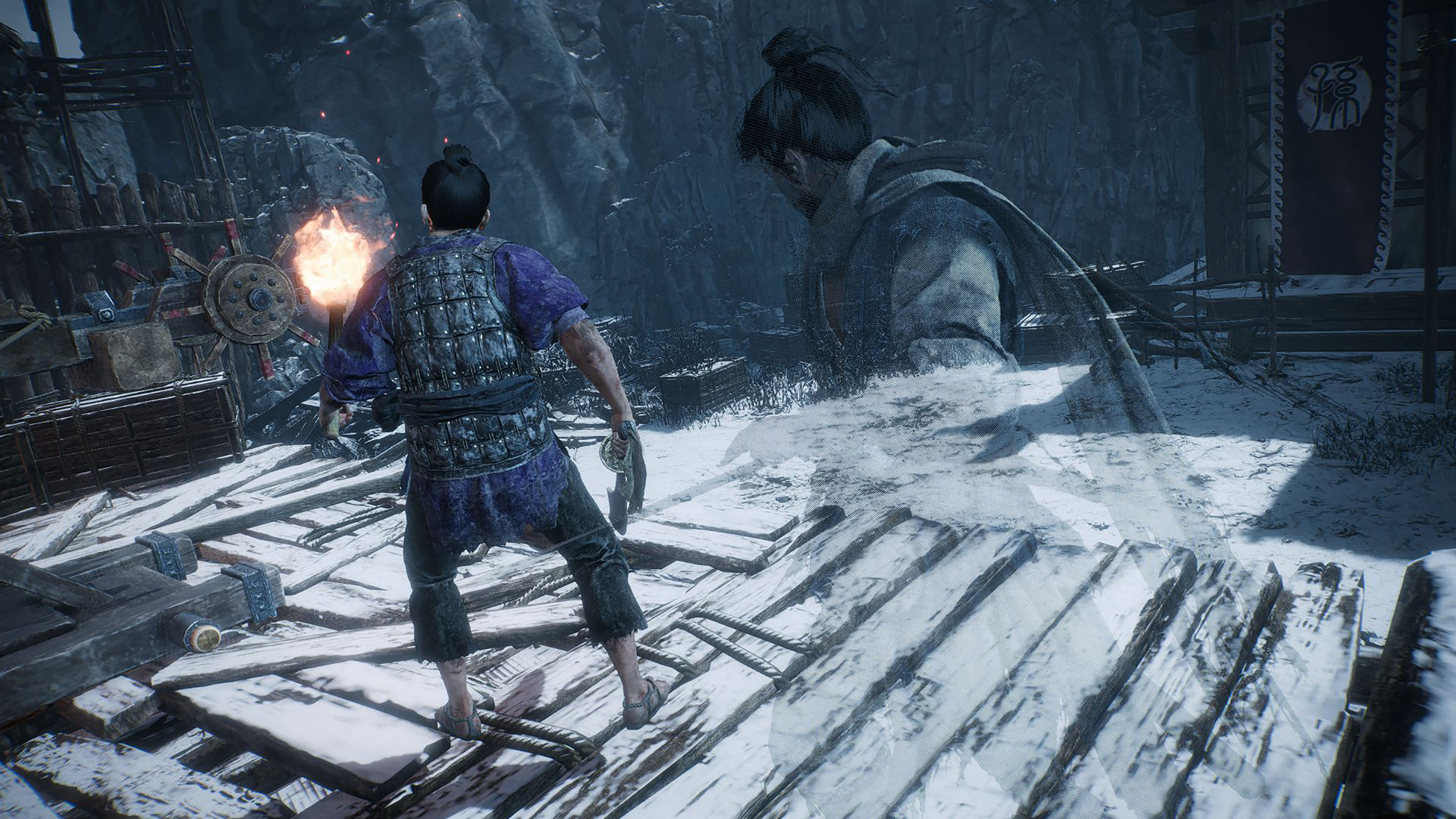
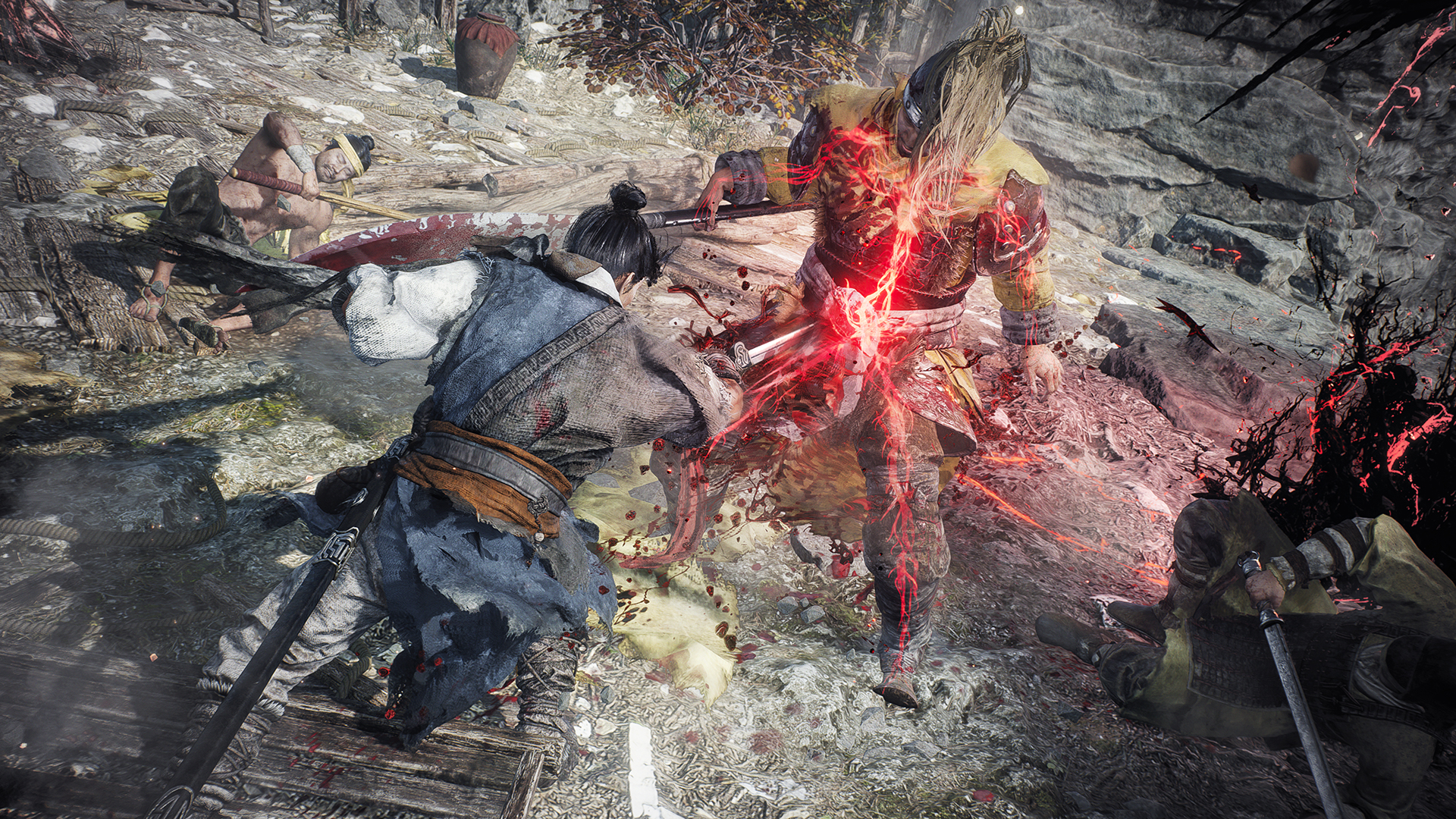
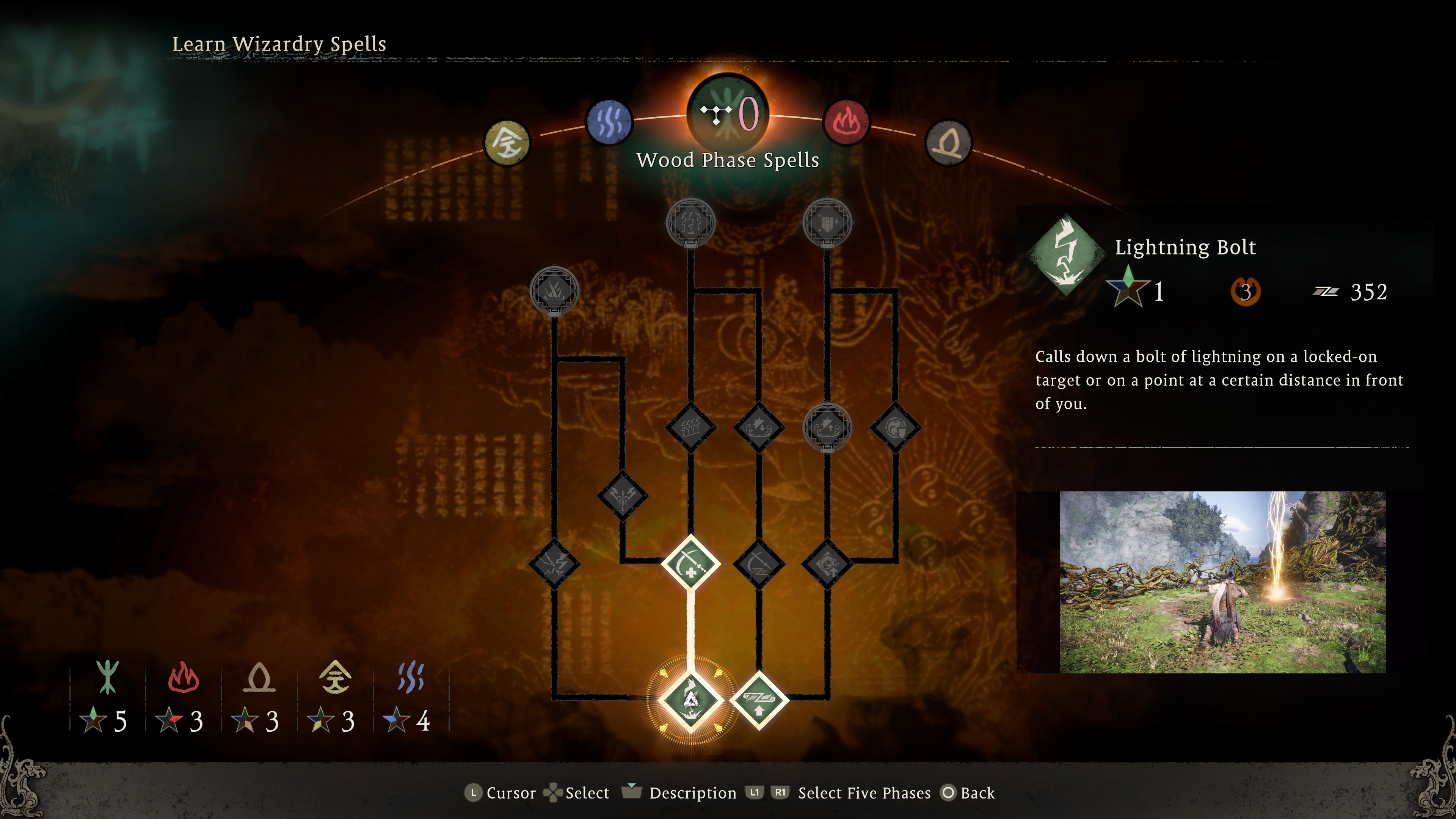
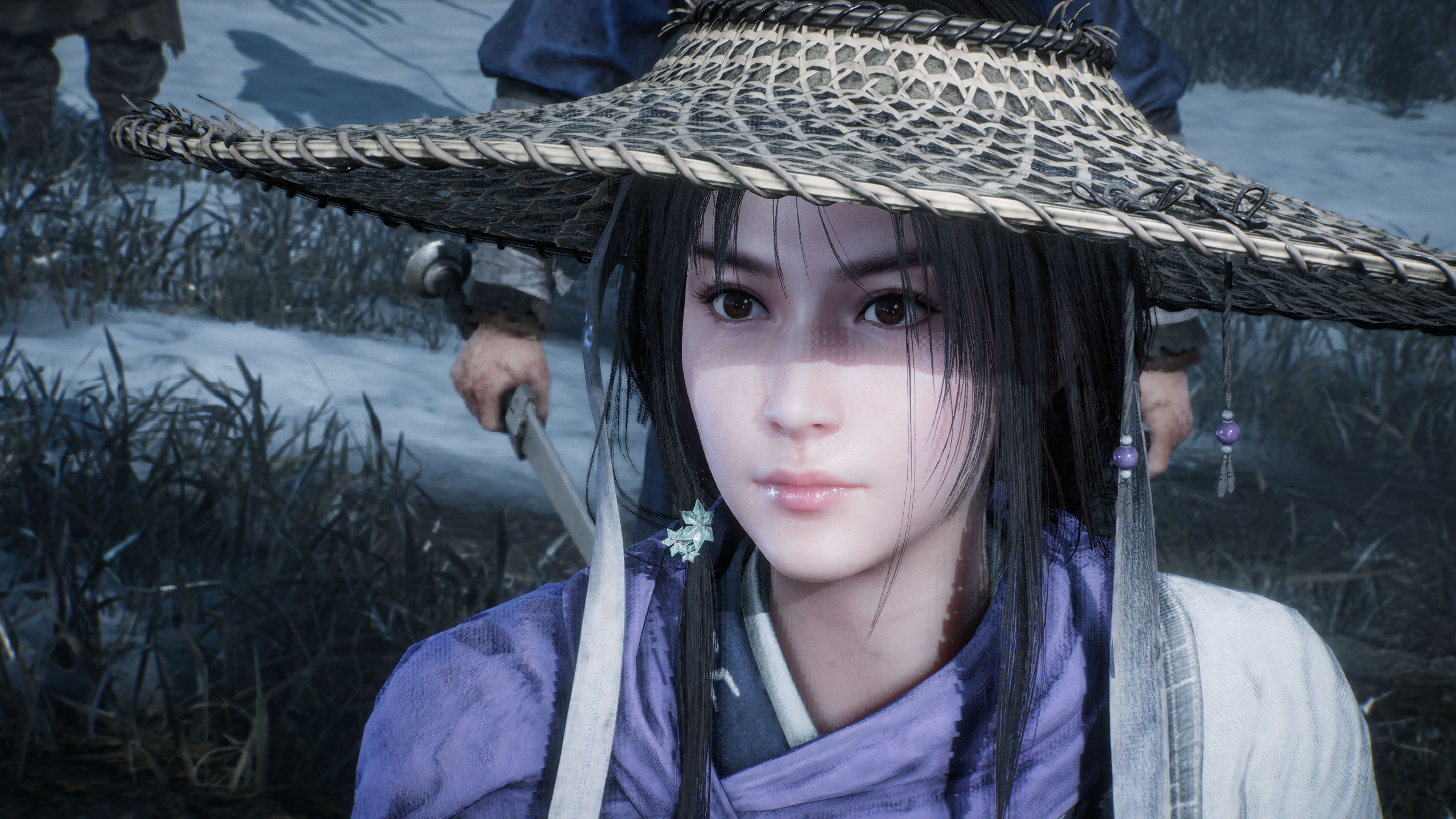





Published: Mar 1, 2023 05:12 pm